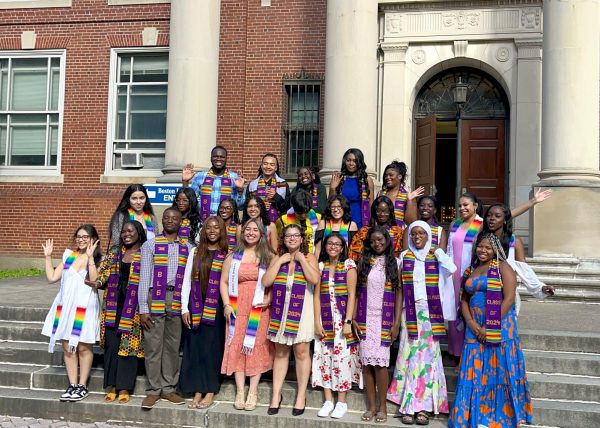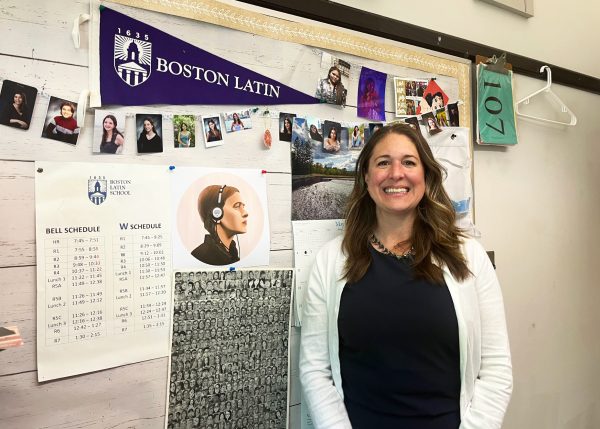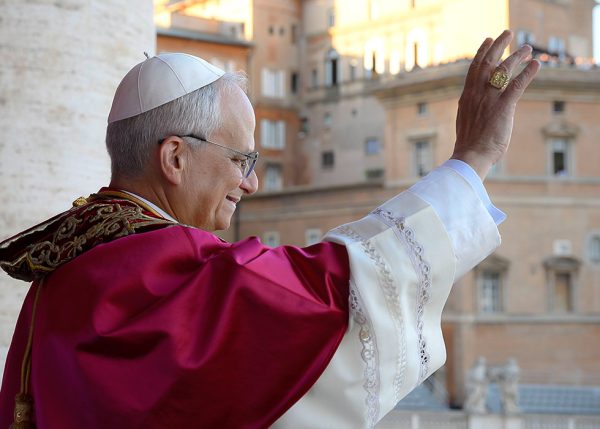BPS Suspends AWC
On February 3, the Boston School Committee voted to temporarily suspend the admissions test for the Boston Public Schools (BPS) Advanced Work Class (AWC) program set to take place during the 2021-2022 school year.
The AWC program provides an accelerated academic curriculum for fourth- to sixth-grade students in BPS. In previous years, students were admitted to the program based on their performance on the TerraNova exam, which is administered to third-grade students throughout the district. Students who earned a benchmark score on the exam would then be picked via a lottery system to determine admission into the AWC program.
This year, however, schools could not administer the TerraNova because of the COVID-19 pandemic, leading to the district’s proposed hiatus.
Students who are currently enrolled in the AWC program will continue with the accelerated track into next year. Rising fourth-grade students, however, will not have the opportunity for admission unless they attend or transfer to one of the five schools throughout the city offering AWC for the next school year. These schools include the James Condon Elementary School, Jackson/Mann K-8, Richard J. Murphy K-8, Wiliam H. Ohrenberger School and Josiah Quincy Elementary School. These schools additionally have the option to implement AWC instruction to all students instead of keeping it as a distinct program if they so choose.
The test requirement hiatus was initially proposed by BPS Superintendent Brenda Cassellius and a working group was established in forming the plan. The Superintendent’s Student Executive Council (SSEC) was also involved throughout the process. “As a whole, we’re all involved [in] providing the Superintendent [with] feedback and opinions, and giving a student voice to the Superintendent. […] A lot of the students, including me, were all on board with the [hiatus] plan,” states An Tran (II), a representative on the SSEC.
The COVID-19 pandemic has prompted BPS to address concerns regarding racial and economic inequality within the educational system. According to BPS data, 71 percent of students enrolled in the AWC program this school year are White or Asian. The district’s working group is currently examining the enrollment process in order to confront the inequalities that have been exacerbated by the pandemic.
Iris Zhang (II), another member of the SSEC, states, “BPS wants to push towards making education more accessible and equitable for all students, rather than providing a high-quality education to a select group of students.”
In addition, BPS has been forced to reduce the number of schools offering AWC in recent years because of a decrease in enrollment. The current number of students enrolled in fourth grade AWC for the 2020-2021 school year is 116, compared to the 303 students who were enrolled during the 2014-2015 school year.
While some agree with the plan to establish a temporary hiatus for the AWC admissions requirement, others have expressed concerns about the exam’s suspension. Some members of the Boston Latin School community believe that limiting access to AWC may hinder younger students’ learning and negatively affect their preparation for entrance into exam schools.
Ms. Monica Gribaudo, a BLS Algebra teacher, believes that the AWC program should be expanded to more students who wish to challenge themselves, without isolating a select group for the accelerated coursework.
“I really don’t like seeing a child bored in the classroom. I think that if there’s a group of them that could go at a little faster pace and don’t need to have things repeated to them 18 times, then sure, put those kids together. We even do that here at Latin School with the sixie Algebra I class that I am honored to be able to teach,” states Ms. Gribaudo.
The debate over AWC draws parallels to recent discussions surrounding the exam school admissions process. As of March 14, there is an ongoing lawsuit challenging BPS’s new zip code and GPA-based exam school admissions system.
Amid the controversy, Sabrina Wei (IV), president of BLS Youth for Education Equality, states, “As long as racism remains in the foundation of the United States and Boston, people of color will continue to experience lower qualities of education.”






